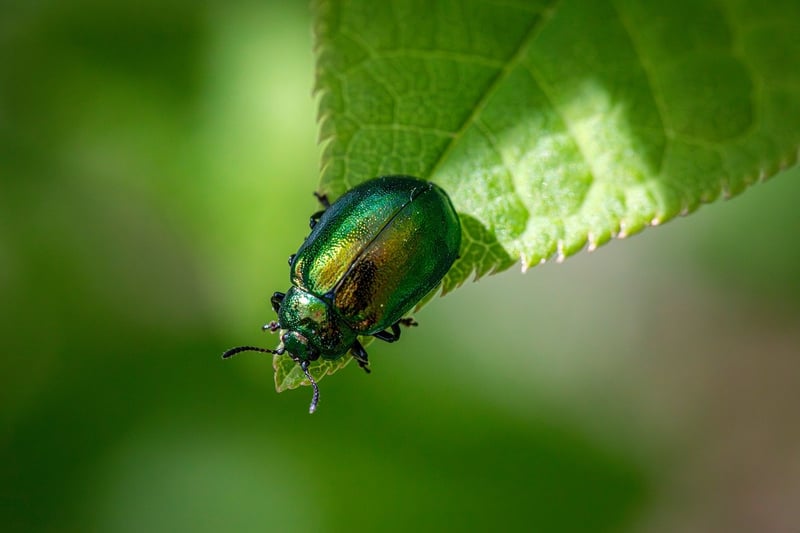Natural pest control
Protecting Your Garden with Natural Pest Control
Having a beautiful garden is a joy, but dealing with pests can quickly turn that joy into frustration. Fortunately, there are several natural methods you can use to protect your garden from pests without resorting to harmful chemicals. Not only are these methods effective, but they are also environmentally friendly. Let's explore some natural pest control techniques that can help you maintain a thriving garden.
Companion Planting
Companion planting involves growing certain plants together to benefit each other in various ways. Some plants naturally repel pests, so planting them alongside your vulnerable crops can help deter unwanted insects. For example, marigolds are known to repel aphids, nematodes, and other common garden pests.
Beneficial Insects
Attracting beneficial insects to your garden can help keep pest populations in check. Ladybugs, lacewings, and praying mantises are natural predators of many garden pests. You can plant flowers like dill, fennel, and yarrow to attract these beneficial insects to your garden.
Neem Oil
Neem oil is a natural pesticide derived from the neem tree. It is effective against a wide range of pests, including aphids, mealybugs, and spider mites. Neem oil works by disrupting the feeding and reproductive patterns of insects without harming beneficial insects.
Diatomaceous Earth
Diatomaceous earth is a fine powder made from the fossilized remains of diatoms. It works by dehydrating insects that come into contact with it, making it an effective and natural insecticide. Sprinkle diatomaceous earth around the base of plants to create a barrier against crawling pests.
Homemade Sprays
You can make your own natural pest control sprays using ingredients like garlic, onion, hot peppers, and soap. These sprays can be effective against a variety of pests and are safe to use on edible plants. Experiment with different recipes to find what works best for your garden.
Cultural Practices
Practicing good garden hygiene can help prevent pest infestations. Remove garden debris, weeds, and fallen fruits regularly to eliminate hiding places for pests. Rotate your crops each season to disrupt pest life cycles and reduce the build-up of pests in the soil.
By incorporating these natural pest control methods into your gardening routine, you can protect your garden from pests while promoting a healthy and sustainable environment. Remember, a diverse and balanced ecosystem is the key to a thriving garden.

Protect your garden with these natural pest control methods and enjoy a bountiful harvest without the use of harmful chemicals. Your plants, the environment, and beneficial insects will thank you for creating a healthy and sustainable garden.
